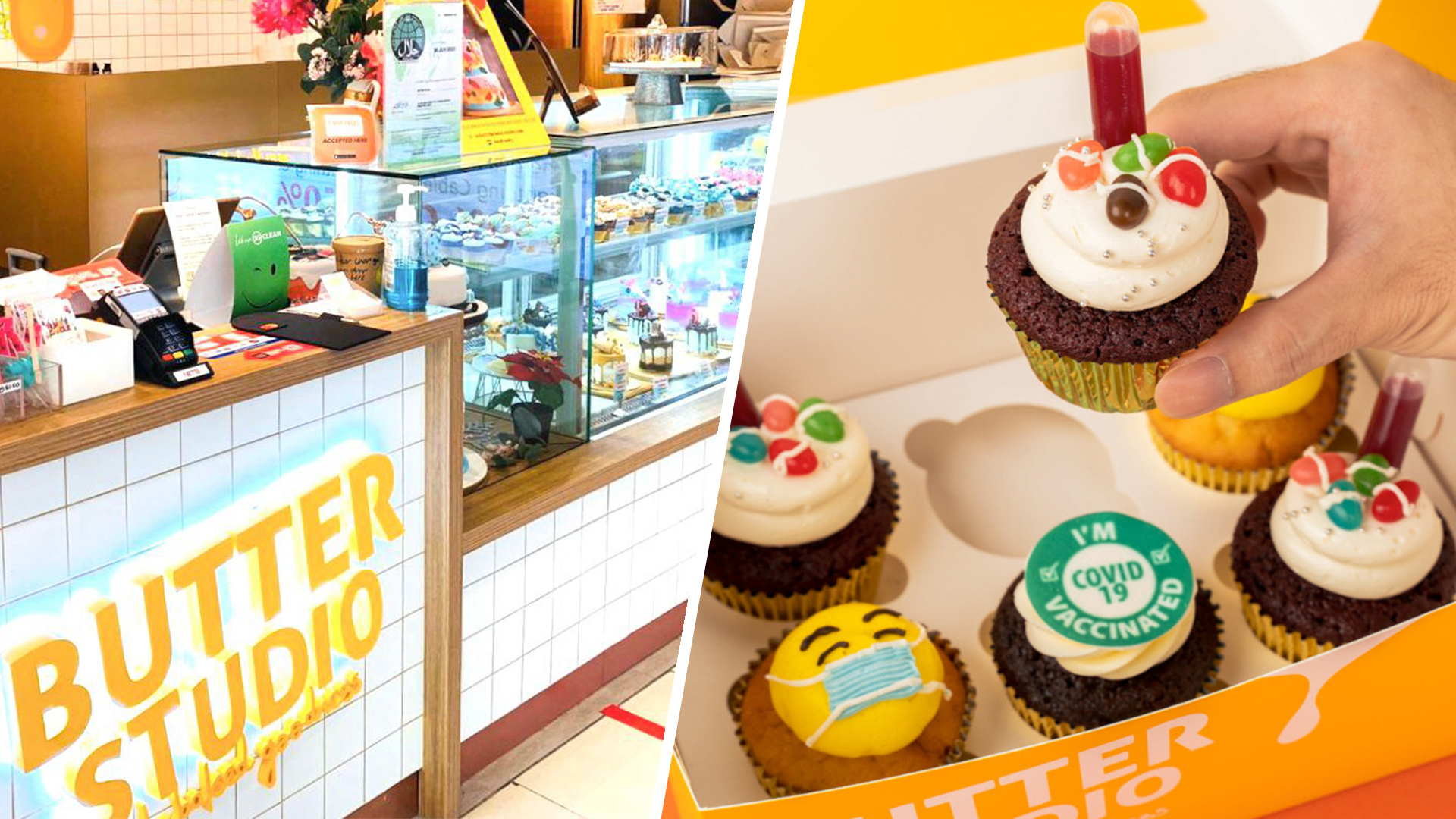

Cupcakes are a popular dessert enjoyed by people all around the world, and for those adhering to Islamic dietary laws, understanding what makes a cupcake halal is essential.
The concept of halal, which means ‘permissible’ in Arabic, governs the food that Muslims are allowed to consume. To ensure a cupcake meets halal standards, every ingredient used in its creation, as well as the preparation and baking process, must comply with these guidelines.
In the Islamic faith, adhering to dietary laws is a critical aspect of daily life. Halal food conforms to Islamic Sharia law, as interpreted by Islamic scholars, and Muslims need to consume food that meets these standards.
Halal refers to what is permissible or lawful in traditional Islamic law. Food and drinks categorised as halal adhere to strict guidelines which determine how the food is prepared, processed, and served.
Food cannot be considered halal if it contains, or has been contaminated with, anything deemed haram, or forbidden. Substances like alcohol and pork products are inherently haram and must not be consumed.

When making halal cupcakes, one must be vigilant about ingredient selection. All elements must comply with Islamic dietary laws.
Animal-derived ingredients such as gelatin must come from halal-certified sources. Traditional gelatin often comes from pigs, which is strictly prohibited in halal food. Moreover, butter and milk should originate from animals that have been slaughtered by halal practices.
Any form of alcohol is generally forbidden in the production of halal cupcakes. This extends to common baking extracts like vanilla extract, which typically contains alcohol. Alternative non-alcoholic flavourings or halal-certified vanilla extracts are necessary.
Ingredients such as emulsifiers and preservatives can be of animal or plant origin. It is crucial to ensure they are free from non-halal animal products. Many emulsifiers like lecithin are available in halal-compliant forms from soy or egg yolk.
Halal baking necessitates strict adherence to Islamic dietary laws, which cover all aspects of food preparation, including the equipment used and the ingredients involved.
To ensure that cupcakes meet halal standards, bakers must use equipment and utensils that have not come into contact with haram (forbidden) substances. These can include alcohol, pork, and any non-halal meats. All baking tools must be thoroughly cleansed according to Islamic principles before being employed in halal baking. The following list breaks down the requirements:

Cross-contamination is a critical concern in halal baking. Bakers must prevent halal ingredients from coming into contact with non-halal items. To avoid this:
Regarding specific baking ingredients, baking powder, which is commonly used in cupcake recipes, must be certified halal. This certification ensures that the baking powder does not contain any haram substances and is produced in compliance with halal standards. This therefore leads into our next point.
Every ingredient must be carefully checked to ensure it complies with halal standards. This includes verifying the source of each ingredient and ensuring it does not contain or hasn’t been contaminated with any haram substances.
Bakers should choose suppliers who understand the importance of halal compliance and can provide assurances and certifications for their products. Working with halal-certified suppliers minimizes the risk of cross-contamination and ensures the integrity of the baking ingredients.
All staff involved in the baking and preparation process must be fully trained in halal practices. This includes understanding the importance of avoiding cross-contamination, proper cleaning methods, and the specific requirements for halal certification.
Regular awareness programs can help keep halal practices at the forefront of operations. These programs can include updates on halal standards, new halal ingredient options, and refreshers on the importance of maintaining a halal-compliant environment.
Regular internal audits should be conducted to ensure that all halal baking practices are being followed correctly. This includes checking the storage of ingredients, the cleanliness of equipment, and the overall adherence to halal guidelines.
Obtaining halal certification from a recognized Islamic authority provides an additional layer of assurance to consumers. Regular audits by these certifying bodies help ensure ongoing compliance with halal standards.

The demand for halal cupcakes has led to the rise of specialized bakeries dedicated to serving the Muslim community.
These bakeries offer a wide range of halal cakes, from birthday celebrations to customised wedding cakes, all made in strict adherence to halal principles.
The availability of such options has made it easier for individuals following Islamic dietary laws to partake in the joy of sweet treats, knowing they are consuming products that align with their religious beliefs.
Halal establishments often offer a range of cakes, including delicious cupcakes and wedding cakes, that are made strictly following halal dietary restrictions.
Customisation options can include a variety of flavours such as salted caramel, a favourite among many, ensuring that the final product not only meets halal standards but also caters to the specific tastes and themes of the celebration.
A Beacon of Halal Baking
Butter Studio shines as a halal-certified bakery, exemplifying a commitment to halal compliance while offering an array of sweet delights. This bakery embraces the stringent standards of halal certification, ensuring every ingredient and baking process aligns with Islamic dietary laws.
Customised Cupcakes for Everyone
At the heart of Butter Studio’s offerings are its customised cupcakes, designed to cater to various preferences while strictly adhering to halal guidelines. Whether for a birthday, wedding, or any celebration, these cupcakes ensure inclusivity without compromising on taste or quality.
Adherence to Halal Standards
Butter Studio’s dedication goes beyond just the ingredients; it encompasses rigorous checks against cross-contamination and meticulous attention to halal practices. This ensures that each dessert not only tastes divine but is also permissible and ethical.
A Testament to Inclusive Baking
Butter Studio stands as a testament to the possibility of offering a wide range of delicious and creative treats that meet halal dietary requirements. It represents a beacon for those seeking inclusive options in the culinary landscape, proving that quality and compliance can go hand in hand.


